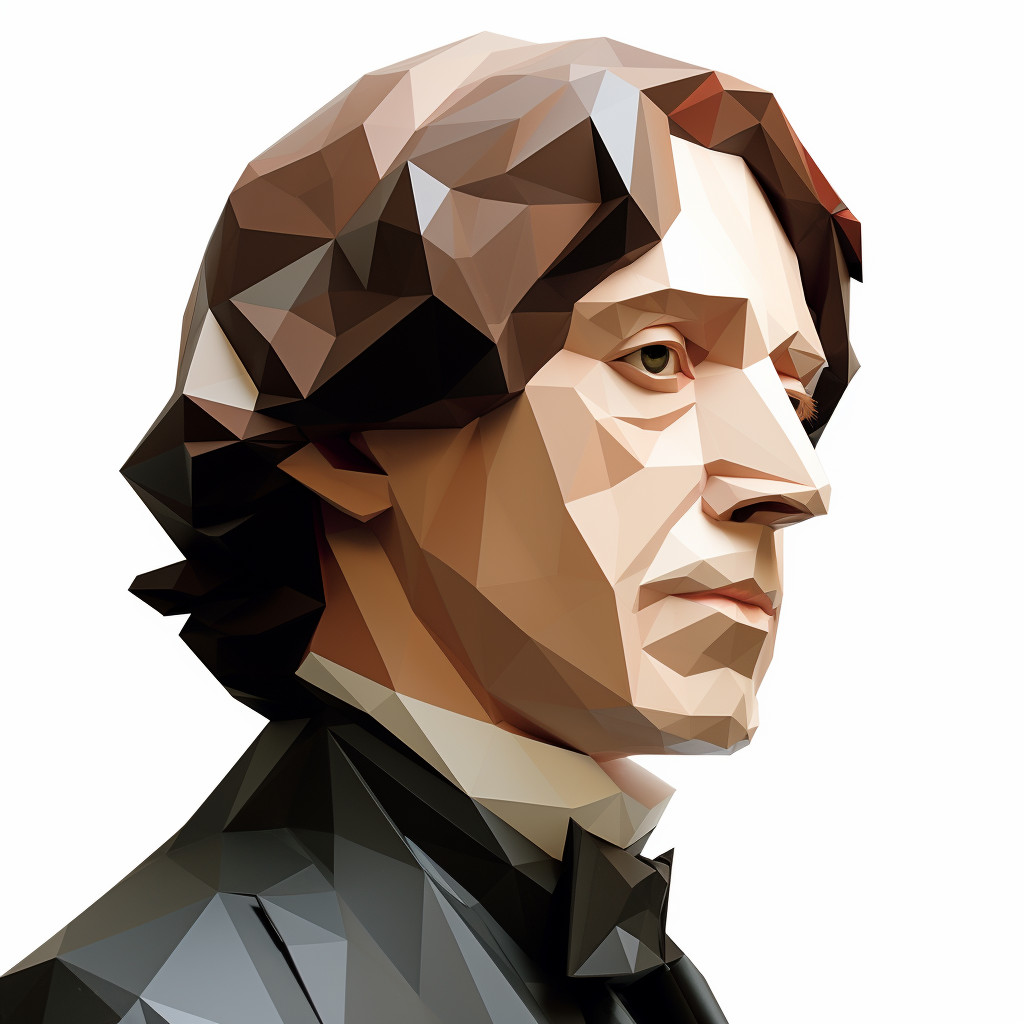This quote suggests that in modern society, we have reached a point where we are not driven by basic survival needs but by our desire for non-essential items. The “unnecessary things” refer to material possessions or experiences that are not vital for our survival, such as luxury goods, advanced technology, or extravagant vacations. Despite not being fundamental to our existence, these have become our “only necessities,” indicating that we prioritize them above all else.
The quote can be seen as a critique on consumerism and materialism, where our worth is often measured by what we own rather than who we are. It also highlights a paradox in our lives: while we have more than ever before, we are not necessarily happier or more fulfilled.
Applying this idea to today’s world, we see it reflected in the culture of excessive consumption and the constant pursuit of the latest trends or gadgets. Social media often exacerbates this by promoting a lifestyle of opulence and excess, leading to a cycle of constant wanting and never being satisfied.
In terms of personal development, this quote can inspire us to reassess our priorities and values. It encourages us to shift our focus from material possessions to experiences, relationships, and personal growth. It prompts us to question whether the things we strive for are truly necessary for our happiness and fulfillment, or if they are merely distractions from what’s truly important. It serves as a reminder that we should not let society dictate our needs and desires, but instead determine them based on our individual values and aspirations.




